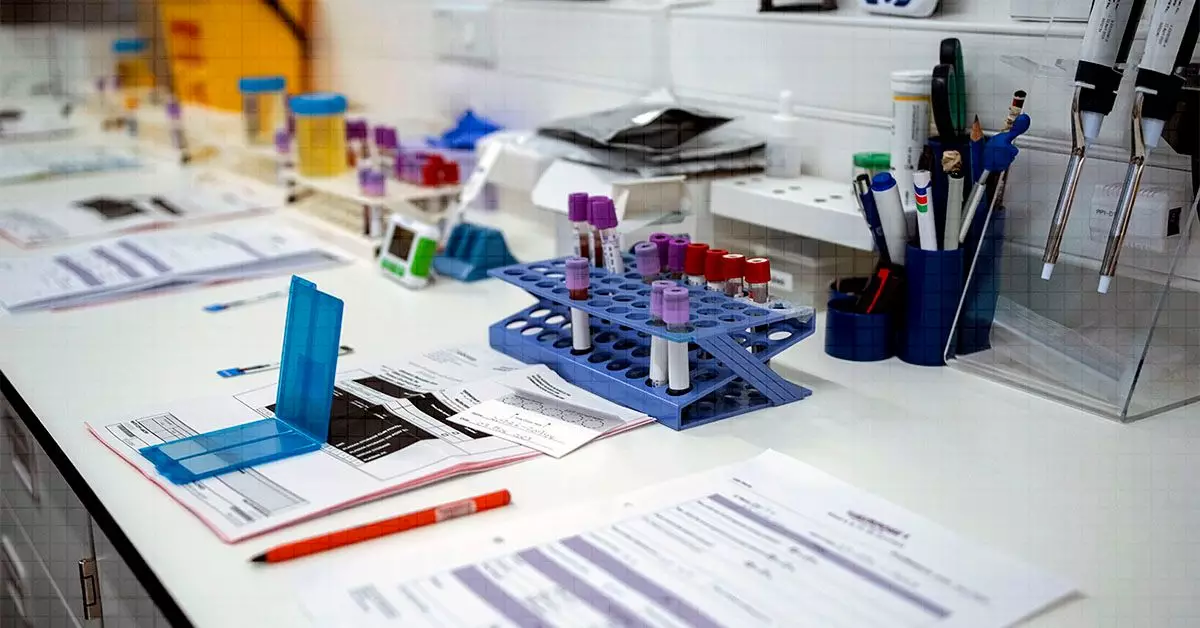Colorectal cancer often operates under a veil of silence in its early stages. Many individuals remain oblivious to the lurking threat, as there are typically no overt symptoms during this critical period. By the time pain, abnormal bowel habits, rectal bleeding, or unexplained weight loss make their appearance, the cancer may have advanced considerably. This is particularly alarming given the rising rates of colorectal cancer in adults under 50, indicating a significant shift in how this disease presents itself among younger populations.
A 2023 study brings this pressing issue to light, revealing that nearly all participants had experienced at least two symptoms before a diagnosis was made. It underscores the necessity of vigilance, especially for those aged under 45, who may find that their symptoms differ from those typically seen in older adults. The modern-day reality is that colorectal cancer is not exclusively an older person’s disease, and acknowledging this fact could save lives.
Importance of Proactive Healthcare Engagement
For those under the age of 45 experiencing these nonspecific symptoms, it is crucial to foster a proactive attitude towards healthcare. Seeking an assessment from a healthcare professional is not a placeholder—it’s an essential step in deciphering the root cause of these discomforts. Although many of these symptoms might point towards benign conditions like irritable bowel syndrome or food intolerances, it is imperative to rule out colorectal cancer promptly.
In the face of such alarming trends, early screening plays a vital role in detection. The American Cancer Society recommends that individuals at standard risk begin regular screenings at age 45, while those with heightened risks may need to start earlier. Comprehensive understanding and communication regarding your risk factors with your healthcare provider can facilitate more personalized and effective screening strategies.
Transforming Awareness into Action
Understanding the risk factors associated with colorectal cancer can empower individuals to take charge of their health. Family history, lifestyle choices, and certain genetic predispositions can all contribute to one’s risk. Empowerment comes not only from awareness but also from advocating for oneself in medical settings. Individuals must feel confident in discussing their symptoms and any concerns with their healthcare provider, no matter how trivial they may seem.
This proactive approach could potentially transform outcomes for those affected. It’s not just about recognizing symptoms but also about understanding that disqualifying them as irrelevant due to their commonality might be perilous. The message needs to shift from mere awareness to insisting on action and dialogue in healthcare.
Turning Knowledge into Lifesaver
Being informed about the subtleties of colorectal cancer symptoms is not just academic—it’s a lifeline. Equipping ourselves with knowledge and the determination to address health concerns, alongside early screening, can dramatically alter the course of this disease. It’s high time we position ourselves firmly in the battle against colorectal cancer armed with awareness, understanding, and proactive engagement.


Leave a Reply